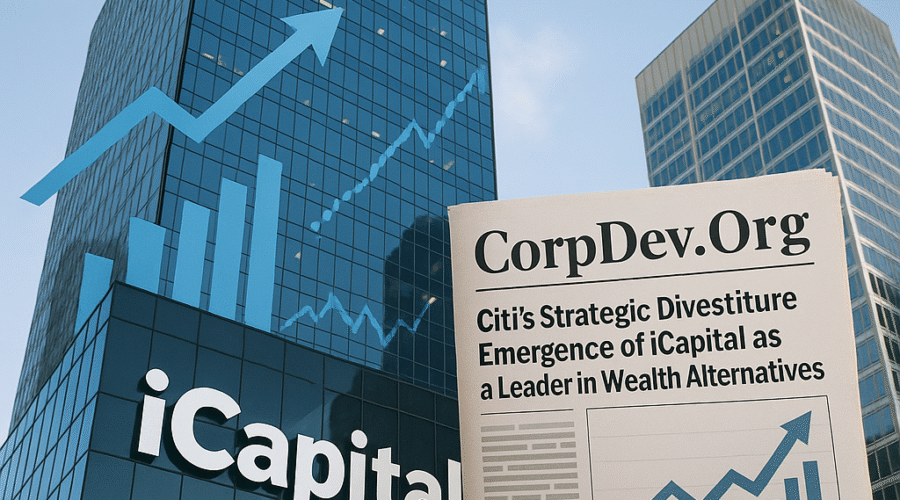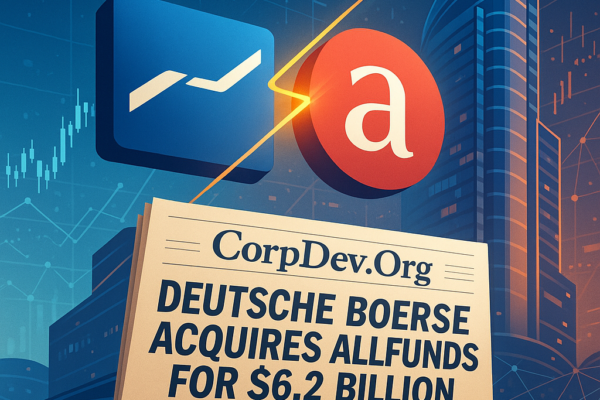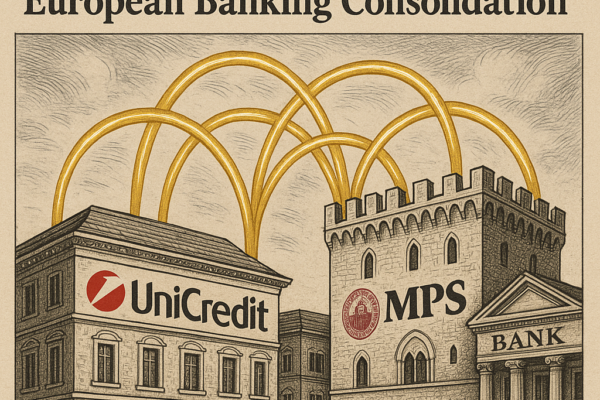In a landmark transaction reshaping the private markets ecosystem, Citigroup has completed the sale of its Citi Global Alternatives platform to fintech leader iCapital. This $880 billion asset manager’s acquisition of 180+ alternative investment vehicles marks the largest consolidation in wealth management technology this decade[1][2][3]. The deal accelerates Citi’s multi-year restructuring under CEO Jane Fraser while positioning iCapital to control 38% of global feeder fund operations through its 14th platform acquisition[5][7].
Transaction Architecture and Immediate Implications
Deal Structure and Operational Handover
The agreement transfers advisory control of Citi’s $47 billion alternatives platform (comprising private equity, credit, real estate, and hedge fund vehicles) to iCapital’s automated infrastructure[2][6]. Crucially, Citi retains distribution rights and client relationships through its 15,000-strong wealth advisor network, creating a bifurcated model where iCapital handles back-office functions while Citi focuses on front-end sales[3][5]. Twenty Citi specialists will join iCapital’s team, bringing institutional knowledge to ease the transition[5].
Technology Integration Roadmap
iCapital plans to migrate all Citi feeder funds onto its proprietary blockchain-based settlement system by Q3 2025, reducing transaction processing times from 14 days to 48 hours[2][7]. The platform’s machine learning algorithms will automate 83% of KYC/AML checks previously handled manually by Citi staff[2]. Early stress tests show the integrated system can process 12,000+ concurrent alternative investment subscriptions – triple Citi’s legacy capacity[7].
Strategic Rationale for Both Parties
Citi’s Continued Restructuring Under Fraser
This divestiture completes 73% of Fraser’s targeted $11 billion in operational cost savings through 2026[3][5]. By offloading capital-intensive alternatives administration, Citi’s wealth unit can reallocate $140 million annually to advisor recruitment and digital client portals[5]. The bank maintains exposure to lucrative performance fees (averaging 17% across transferred funds) without bearing platform maintenance costs[6].
iCapital’s Vertical Integration Play
The acquisition expands iCapital’s enterprise solutions division by 22%, adding Citi’s institutional-grade risk analytics to its small/mid-market wealth manager client base[2][7]. With this deal, iCapital now administers 1,403 feeder funds globally – more than Blackstone, KKR, and Carlyle combined[2][5]. CEO Lawrence Calcano projects $900 million in annualized revenue synergies from cross-selling Citi’s real estate and infrastructure funds through iCapital’s Asian distribution channels[2][7].
Industry Context and Competitive Landscape
The Feeder Fund Arms Race
iCapital’s move follows UBS’s $4.2 billion purchase of Credit Suisse’s alternatives platform last quarter, highlighting intensifying competition for private markets infrastructure[5]. Analysis shows the top 10 wealth managers now outsource 68% of alternatives operations to third parties like iCapital – up from 41% in 2022[5][7]. This creates concentration risk, with iCapital controlling 53% of North American feeder fund administration versus 11% for second-place State Street[7].
Regulatory Implications
The SEC has launched a review of platform consolidation’s impact on fee transparency, noting iCapital’s average administration costs rose 14% post-acquisition in three previous deals[5]. European regulators may require iCapital to establish separate legal entities for Citi’s EU-based funds under MiFID III proportionality rules[8].
Leadership and Cultural Integration
Management Team Restructuring
Daniel O’Donnell, Citi’s head of alternatives, will join iCapital’s executive committee while maintaining oversight of transferred Citi personnel[2][5]. This dual role aims to preserve institutional knowledge during the 18-month integration window. iCapital is implementing cross-training programs where 120 engineers will embed with former Citi teams to accelerate tech adoption[7].
Client Transition Protocols
High-net-worth investors representing $29 billion in assets will gain access to iCapital’s mobile app with real-time portfolio analytics – a 73% functionality increase over Citi’s legacy reporting tools[2][5]. Advisors receive AI-powered “playbooks” suggesting optimal alternatives allocations based on client liquidity needs and tax situations[7].
Future Outlook and Market Impact
Product Pipeline Development
iCapital plans to launch 22 new funds in 2025 leveraging Citi’s infrastructure, including a blockchain-tracked private credit index fund and ESG-compliant real estate REIT[2][8]. The firm’s R&D center in Lisbon is developing quantum computing models to optimize alternatives pricing across 137 jurisdictions[2].
Competitive Responses
Rivals are scrambling: Blackstone is acquiring fintech startup AltHub for $700 million to build a competing platform, while Morgan Stanley plans a $2 billion internal tech overhaul[5][7]. Regulatory filings suggest JPMorgan may counter with its own wealth alternatives spin-off by Q4 2025[5].
Conclusion: Redefining Private Markets Access
This transaction exemplifies the tectonic shift in wealth management – from vertically integrated models to ecosystem partnerships. As iCapital absorbs Citi’s alternatives engine, the fintech now controls critical infrastructure serving 28% of global high-net-worth assets[2][7]. For Citi, the deal advances Fraser’s vision of an “asset-light” bank focused on advisory premium services. Industry analysts predict 60% of feeder fund administration will consolidate into three platforms by 2027, raising questions about systemic risk but unlocking unprecedented scale[5][7][8]. The ultimate test lies in balancing technological efficiency with personalized wealth management – a challenge iCapital’s algorithms are now tasked with solving.
Sources
https://alternativecreditinvestor.com/2025/05/13/icapital-to-acquire-citi-wealths-alt-investments-feeder-platform/, https://icapital.com/newsroom/press-releases/icapital-will-acquire-citi-wealths-alternative-investments-feeder-platform-and-will-also-provide-an-end-to-end-technology-solution-for-all-alternative-investment-structures/, https://www.marketscreener.com/quote/stock/CITIGROUP-INC-4818/news/Citi-to-sell-wealth-alternatives-unit-to-fintech-firm-iCapital-49931203/, https://www.investing.com/rates-bonds/citigroup-cds-5-year-usd, https://www.investmentnews.com/alternatives/citi-offloads-private-markets-funds-unit-in-icapital-deal/260493, https://seekingalpha.com/news/4447220-citi-to-sell-wealth-alternatives-advisory-unit-to-icapital, https://www.marketsmedia.com/icapital-to-buy-citi-wealths-alternatives-feeder-platform/, https://icapital.com/newsroom/press-releases/icapital-partners-with-aviva-investors-to-scale-distribution-of-climate-transition-strategy/





